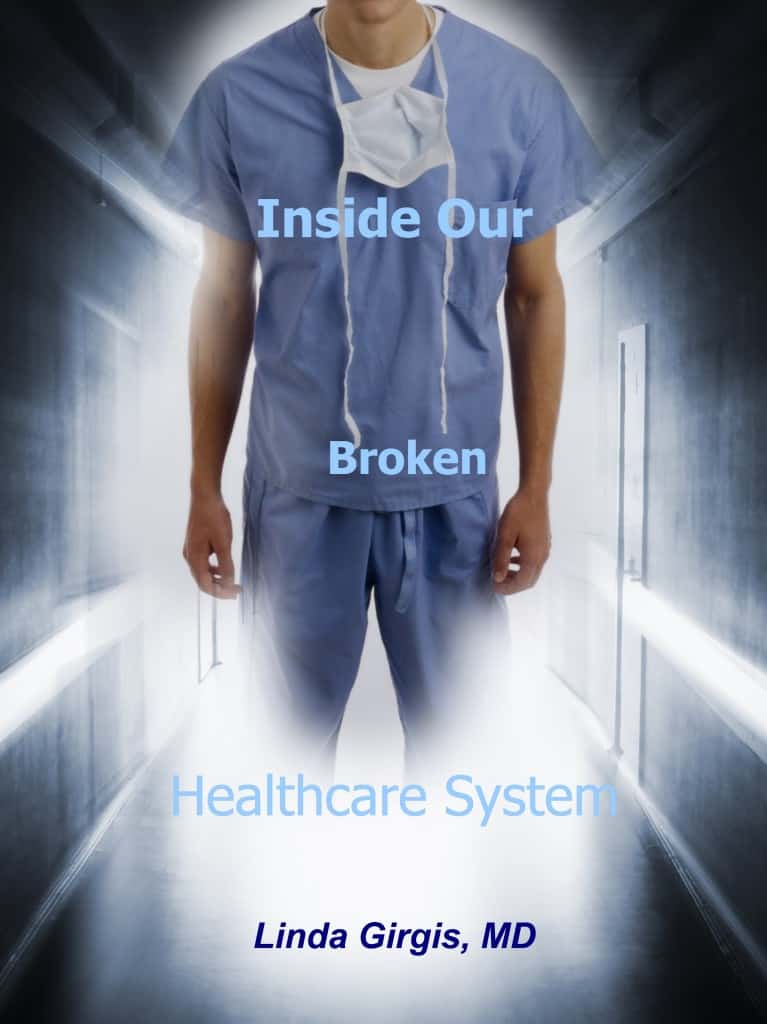The crush to achieve big data goals drives the American healthcare system. Many experts, I among them, feel that the system lost its way and forgot about the people we treat. The company and government heads clamor to devise the perfect clinical outcome benchmarks to earn. Doctors just want to cure our patients.
But many people around the world are not tuned in to the fact that Big Data exists. I am spending the month In Egypt with my husband’s family and learning how their system works. There is no Big Data here. In fact, there is no such thing as medical charts except very rudimentary notes a doctor may jot down to remind himself/herself of something. But, for the most part, the chart is nil.
In Egypt, as in many other countries, patients are the owners and keepers of their medical data. When they receive results of radiology studies or labs, they are given a copy to retain. And that is an original copy. No duplicate copy is made to place in the patient’s chart. Not every phone call and fax needs to be recorded for legal reasons. Most patients keep these results in a safe place in a folder. They then bring it to the doctor when they go for a visit. The doctor uses those records that the patient presents to review. If the patient loses any of those records, they are simply lost.
“There are no third party benchmarks to reach or hoops to jump through. There are no third parties, or very few limited to the wealthier.” – Linda Girgis, MD
Phone calls are not recorded 24/7 because there is no 24/7 answering service here. If a patient calls the doctors’ clinic and it is not open, it basically is not open until it is open. The patient needs to wait until business hours. There is no getting a message to the doctor in the middle of the night. Patients just wait. If there is an emergency, patients go to the ER or call until they find an open clinic. That being said, doctors often have hours late into the night. They work very hard and get paid very little.
There are no third party benchmarks to reach or hoops to jump through. There are no third parties, or very few limited to the wealthier. Patients pay out-of-pocket or go to the free clinics at the hospital, where they may wait hours upon hours to be treated.
Doctors in Egypt are just as smart. But they do not have access to technology like we do in the US. There is no such thing as preventative medicine. When I asked one of the medical residents in the OB/GYN clinic at the University of Alexandria what is their guidelines for doing PAP smears, he said they don’t do them. There are only certain specialty clinics in limited regions where a patient who is high risk may be referred to do it. Other more expensive tests, MRIs, CT scans, etc are much more highly elusive. Doctors rely on their skills more than the technology.
Reflecting upon the differences to the way we practice in the US, I see some definite advantages. But, truth be told, I much rather deal with the regulatory hassles than see people go without medical care because it is not available to them. I much rather fight the unreasonable meaningful use mandates than to have no records at all. Big Data and all, the US system beats all.
Like What You’re Reading?
Get Dr. Linda’s New Book!
Inside Our Broken Healthcare System
Dr. Linda Girgis MD, FAAFP, is a family physician in South River, New Jersey. She holds board certification from the American Board of Family Medicine and is affiliated with St. Peter’s University Hospital and Raritan Bay Hospital. Dr. Girgis earned her medical degree from St. George’s University School of Medicine. She completed her internship and residency at Sacred Heart Hospital, through Temple University and she was recognized as intern of the year. Over the course of her practice, Dr. Girgis has continued to earn awards and recognition from her peers and a variety of industry bodies, including: Patients’ Choice Award, 2011-2012, Compassionate Doctor Recognition, 2011-2012. Dr. Girgis’ primary goal as a physician remains ensuring that each of her patients receives the highest available standard of medical care.


 Linda Girgis
Linda Girgis
